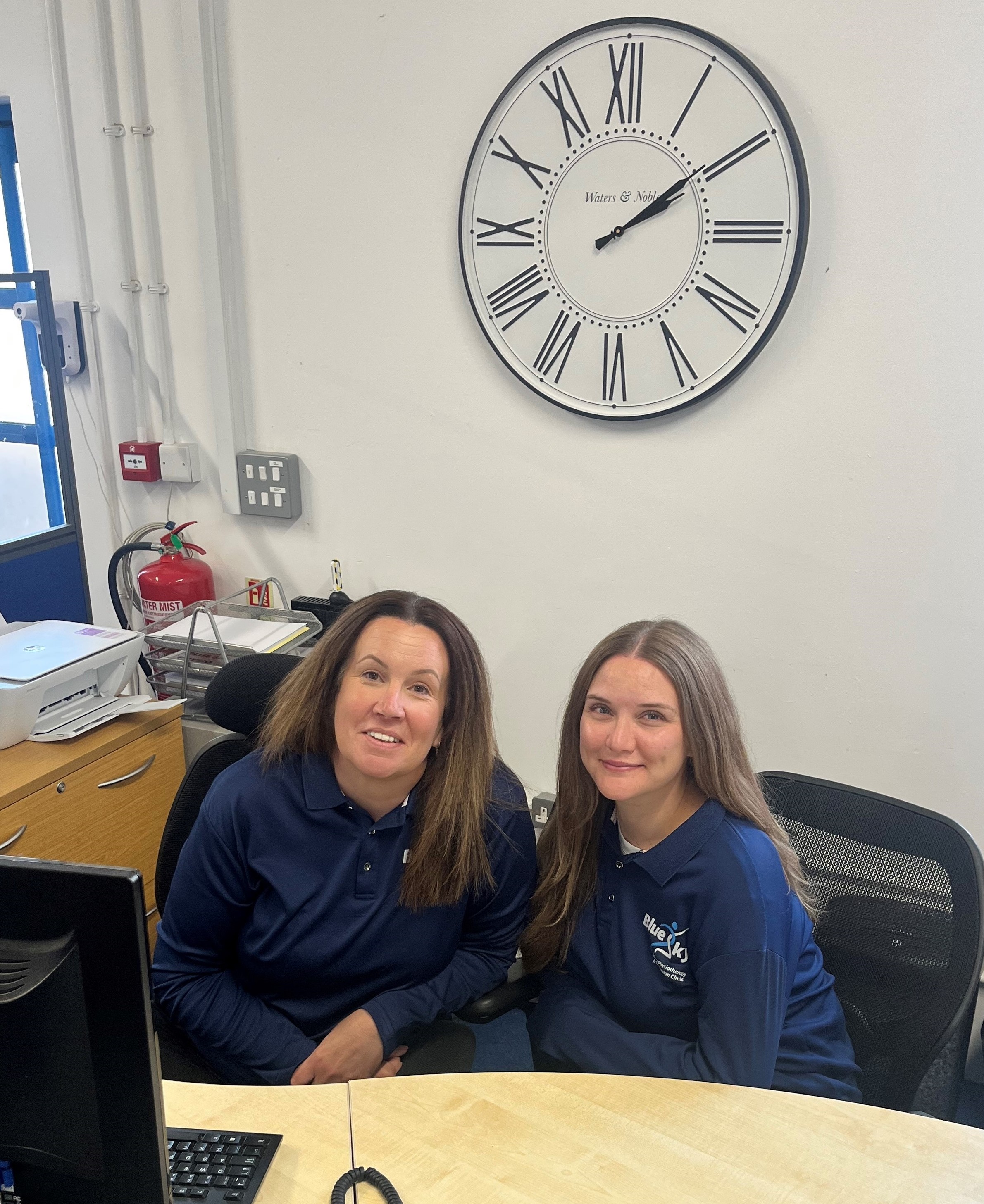In the realm of athletic performance and general health, sleep is often the unsung hero. While proper nutrition and exercise regimes garner
much attention, sleep is a fundamental aspect of our well-being that significantly impacts recovery from injury and helps in preventing
future injuries. Understanding the importance of sleep can be the game-changer in both professional athleticism and everyday fitness
routines.
Here are a few facts to stress the importance of sleep:
Sleep is a complex physiological state that plays a critical role in the body's ability to recover and regenerate. Here's how sleep specifically aids in injury recovery and prevention:
1 . Muscle Repair and Growth
2. Inflammation Reduction
3. Pain Perception
4. Cognitive Function and Coordination
5. Immune System Support
Given the significant benefits of sleep in injury recovery and prevention, here are some practical tips to ensure you're getting the most
restorative sleep possible:
1. Maintain a Consistent Sleep Schedule
2. Create a Sleep-Conducive Environment
3. Limit Screen Time Before Bed
4. Mind your Diet and Hydration
5. Engage in Relaxation Techniques
6. Regular Physical Activity
Sleep is a vital component of injury recovery and prevention. It facilitates muscle repair, reduces inflammation, manages pain perception, enhances cognitive function, and supports the immune system. By prioritizing good sleep hygiene and creating an optimal sleep environment, you can significantly improve your body's ability to heal from injuries and reduce the likelihood of future injuries. Remember, the next time you hit the gym or the field, that the time you spend sleeping is just as crucial as the time you spend training. Embrace sleep as a powerful tool in your wellness arsenal, and your body will thank you with better performance and faster recovery.


Blog
Self-compassion course: learn practical skills to silence self-criticism, boost motivation and heal after surgery or injury

Blog
Balance is a crucial component of overall health and wellness as it plays a vital role in various aspects of daily life, physical activities, and overall well-being.

Are you ready to have a chat with our team to discover how we can help you achieve a better quality of health, fitness and well-being?
Book a physiotherapy appointment with our team and start the journey to creating the perfect treatment plan for your issue, your lifestyle
and your goals.